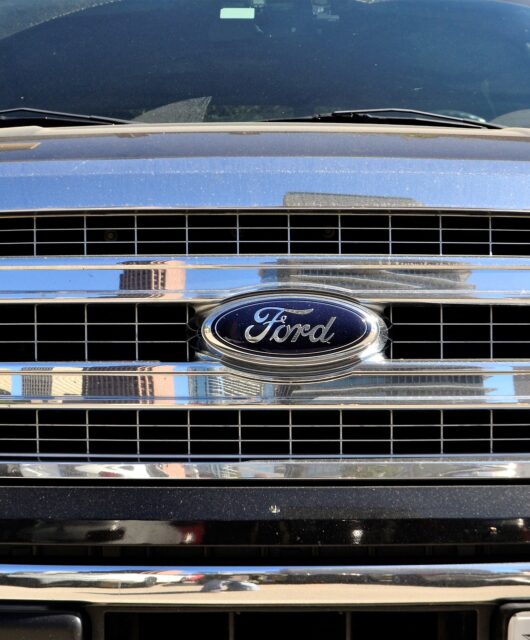Why choose a bicycle over a car?
 In the realm of transportation, the benefits of bike sharing have become increasingly apparent. As cities around the world face challenges related to congestion, air pollution, and limited parking spaces, many individuals are reconsidering their mode of transport.
In the realm of transportation, the benefits of bike sharing have become increasingly apparent. As cities around the world face challenges related to congestion, air pollution, and limited parking spaces, many individuals are reconsidering their mode of transport.
While cars have long been the dominant choice, bicycles offer a myriad of advantages that cannot be ignored. This article will explore the reasons why choosing a bicycle over a car can be a smart and sustainable decision, highlighting the positive impacts it can have on individuals and communities alike.
Table of Contents
Cost Savings
Owning and maintaining a car can be a significant financial burden. Fuel costs, insurance premiums, parking fees, and regular maintenance expenses all add up over time. Choosing a bicycle, however, eliminates many of these costs. Furthermore, the rising popularity of bike sharing programs in cities provides a cost-effective solution for those who prefer not to own a bicycle. Bike sharing services offer the convenience of short-term rentals at affordable rates, allowing individuals to save money while still enjoying the benefits of cycling.
Health and Well-being
One of the most compelling reasons to choose a bicycle over a car is the impact it has on personal health and well-being. Unlike cars, bicycles require physical exertion, which contributes to burning calories. Regular cycling provides an excellent form of exercise, offering numerous cardiovascular and muscular benefits.
Environmental Sustainability
The environmental benefits of choosing a bicycle over a car cannot be overstated. Automobiles are notorious contributors to air pollution and greenhouse gas emissions. On the other hand, bicycles produce zero emissions, making them a greener alternative.
By opting for a bike instead of a car, individuals can contribute to reducing their carbon footprint, mitigating climate change, and improving air quality. Additionally, bicycles do not require fossil fuels, reducing dependence on non-renewable resources and promoting a more sustainable future.
Improved Mobility and Accessibility
Bicycles offer unparalleled mobility and accessibility in urban environments. With traffic congestion becoming a pervasive issue in many cities, bicycles provide a faster and more efficient means of transportation, particularly for short to medium distances.
Cycling lanes and bike-friendly infrastructure are increasingly being incorporated into city planning, enhancing the safety and convenience of bicycle travel. Moreover, bicycles are not subject to the limitations of parking spaces and can easily navigate through crowded areas, making them an ideal choice for quick and convenient urban mobility.
Community Connection
Choosing a bicycle over a car fosters a stronger sense of community connection. Cycling encourages social interaction and engagement with one’s surroundings. Unlike the isolated experience of driving in a car, riding a bicycle allows individuals to experience the sights, sounds, and smells of their environment.
Bicycles also enable spontaneous interactions with other cyclists and pedestrians, promoting a sense of camaraderie and shared experiences. Furthermore, the growing popularity of group cycling events and bike-related initiatives provides opportunities for individuals to connect with like-minded people, further strengthening the community fabric.
In conclusion, the decision to choose a bicycle over a car offers numerous benefits for individuals and cities. Bicycles provide a sustainable transportation option, significantly reducing emissions and contributing to a greener future. The cost savings associated with cycling, particularly through bike sharing programs, make it an economically attractive choice.









